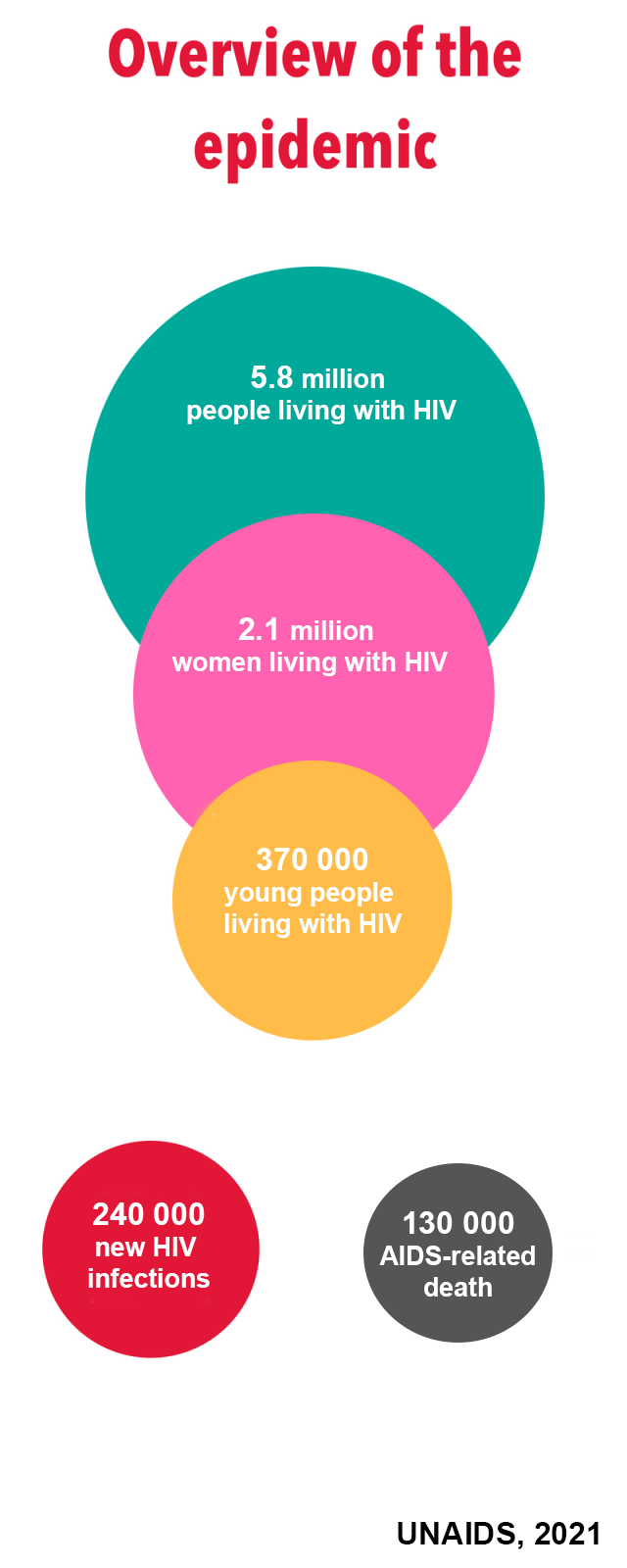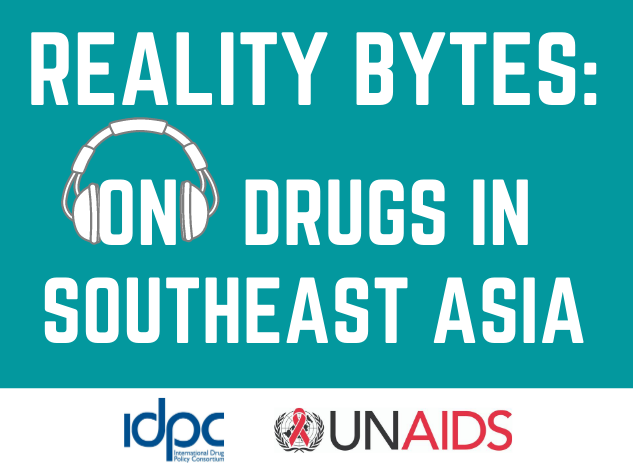Growing up gay in Bhutan

Meet Pema Doji, a tour guide and lesbian, gay, bisexual, transgender and intersex (LGBTI) activist from Bhutan, which is perched on the Eastern edge of the Himalayan mountains. Pema describes himself as an introvert who’s idea of a perfect day is staying home, sipping a cup of tea and reading a really good book.
He says he is socially awkward because of the bullying and discrimination that he experienced while growing up. After battling depression and suicide attempts, Pema today empowers young people in Bhutan to deal with stigma and discrimination. Pema’s story is an example of what many young LGBTI from Asia and the Pacific face. During a workshop organized by Youth Voices Count, UNAIDS spoke to Pema about coming out, overcoming depression and much more.
UNAIDS: What was it like for you to grow up knowing you were attracted to men?
Pema Doji: If I recall correctly it was around the age of 10 or 11 when my friends began to develop crushes towards girls, something I as a biological male was suppose to feel but did not. I began to like guys and I was quite shy around them. At that time we were quite young so I didn’t really question it. Later on in life when I was around 16 or 17 that was when I started questioning myself thinking “Is what I’m doing the right thing?”.
I was quite feminine when I was growing up and because of this I was constantly verbally abused by my peers. During that time I came to realize that I don’t fall into society’s standard for what is normal. I didn’t have any exposure or access to information about what I was going through. It was later on in life when I came across the internet.
UNAIDS: When was it that you discovered your sexual orientation?
Pema Doji: To tell you honestly it was very recently. A couple of years ago, after I started getting jobs and became financially independent, I was able to afford a phone and had internet access. That’s when I came across the word ‘gay’ and began doing a lot of research on it.
Eventually I stumbled upon the whole spectrum of LGBTI and social networking websites started playing a pivotal role in my life. I began interacting with other LGBTI individuals and realised that I was not alone. It wasn’t only me that felt this way. That’s when I truly started to accept myself. Though the process was very difficult, I started having self acceptance, instead of trying to fit into society’s definition of ”’normal”.
UNAIDS: Was your family very supportive of your decision?
Pema Doji: In Bhutan we have close knit family ties where three generations stay under one roof, but the good thing about Buddhist family culture is that parents are not very involved in their children’s business. Parents will provide children with wisdom at various stages of their lives but still they respect their children’s privacy. My parents have never questioned me about my sexual orientation. That topic has never been brought up. Because sex is never discussed in Bhutanese families, I was never put under any pressure.
However, I am certain that if I come out to my family as a gay man in the future they will just accept me for who I am. I also know that this acceptance will take some time to come as well as the realization that me being gay is only a small part of my life. I know in other countries parents disown their gay children but I’m sure that my parents will accept me.
UNAIDS: So you haven’t come out officially to your family yet?
Pema Doji: Not officially but I think they have a clue. It’s very awkward to talk about. What would I say? Or what would they ask me? If I was a parent how could I go to my son and say ” Son do you like men?” So I think they suspect that I’m gay, maybe they’re certain, but it is still a very awkward topic to discuss and I don’t want to do it.
UNAIDS: You’ve mentioned being bullied and going into depression Could you maybe highlight that experience for us?
Pema Doji: When I was younger people used to call me “Chakka” – an Indian slang term used for feminine guys but it didn’t bother me. I was quite young at the time so I didn’t feel the burden of that word that was thrust upon me. But later in my life, when people started to know me as “Chakka” rather than my own name it began affecting me. It got much worse.
In school, I couldn’t even visit the men’s toilet because the moment I used to enter, guys would stand up and give me a standing ovation, humiliate me and call me different names. So, I never used to go to the toilet during break periods and always asked my teacher for permission during class to go to the toilet when no one else was in there.
Each and every second I was reminded that I was not normal and didn’t fit into society. I started to have nervous breakdowns and became really depressed. Whenever I would go to bed I wouldn’t be able to sleep because I could constantly hear the word “Chakka” and so I would cry to sleep.
Whenever I was in public areas I would always try to not act girly but act normal so I wouldn’t be teased but it never worked. Bhutan is such a small country, I couldn’t even go to town with my parents because my schoolmates would be there and I was afraid they’d tease me in front of my parents. I felt that instead of doing something good for my parents I was becoming something shameful to them and that they would eventually be known as “Chakka’s parents”. I became depressed and suicidal.
UNAIDS: How did depression start making you suicidal?
Pema Doji: It was then that I really started to hate myself and every morning when I used to look into the mirror I used to hate the person I saw in the mirror. I started to think that maybe I must have done something really wrong. The self stigma came in and when people used to come ask me ‘Do you like guys?’ I used to get really irritated and I used to fight back. I started to become very negative. That is the phase where suicidal thoughts started to come into my mind. I thought it was the best way to get rid of all the hurt.
Luckily I wasn’t successful. Now looking back I think that was such a cowardly thing to do; giving up on life. Everyone goes through rough patches in their lives. It’s something that I am not really proud of. Things kept getting worse and after some time it becomes too much because you are constantly being pressured and constantly being reminded and everything started to turn very ugly for me. I completely forgot how beautiful life was. That was a very bad phase in my life.
UNAIDS: So how did you cope with it?
Pema Doji : Honestly, I didn’t cope with it. I was just dealing with it daily. I never let people see my emotions. When I was around my friends I never showed them that I was depressed. When they were laughing I tried to join them. I was really scared to open up. Some of my friends helped me. They understood me and always took my side. With their help I just dealt with it one day at a time.
UNAIDS: Have you overcome depression?
Pema Doji: Right now I’m not depressed but the emotional scar is there. I don’t think it will ever go away. That was part of my experience of growing up and it has left huge scars on my personality. I have self confidence issues. I’m really awkward when it comes to socializing with people and I don’t really open up to people easily. I’m still trying to overcome it. I’m trying to be more outgoing, I’m trying to make more friends, but I still feel like I have a long way to go before I can completely turn my life around and forget that bad phase and experience.
UNAIDS: What is the situation of MSM community in Bhutan?
Pema Doji: The MSM community is quite hidden in Bhutan. No one openly admits to being gay. Since it’s a small country and everyone knows each other, most MSM go through a lot of stigma and discrimination. The most prominent is self-stigma which is very difficult to deal with.
UNAIDS: What are your hopes for the MSM community in Bhutan?
Pema Doji: Just that they should be able to be whoever they are without fear of the society or the world in general. Everyone should be free.
UNAIDS: You are an LGBTI activist. What made you feel like you wanted to do something for the MSM community in Bhutan?
Pema Doji: While growing up I didn’t have anyone to look up to and I didn’t have access to any platform from which I could access information about the phase I was going through. I didn’t want the young MSM of today to go through what I did. I am in the process of empowering myself so I thought why not empower others as I go along? My motive was to do something for the young MSM and transgender individuals in Bhutan and be able to give them guidance and help them with acceptance and to have a better life.
UNAIDS: Many young MSM people are still struggling with coping with their sexual orientation. What message would you like to leave for them?
Pema Doji: I think that coming out is not a one time decision. Self acceptance should come first and then the journey of coming out to your friends and family should begin. You need to have self confidence and you need to start with accepting yourself. Remember that no matter what the initial reaction of people around you is, if you accept yourself, eventually they will have to accept you too.
 UNAIDS Asia-Pacific
UNAIDS Asia-Pacific 


